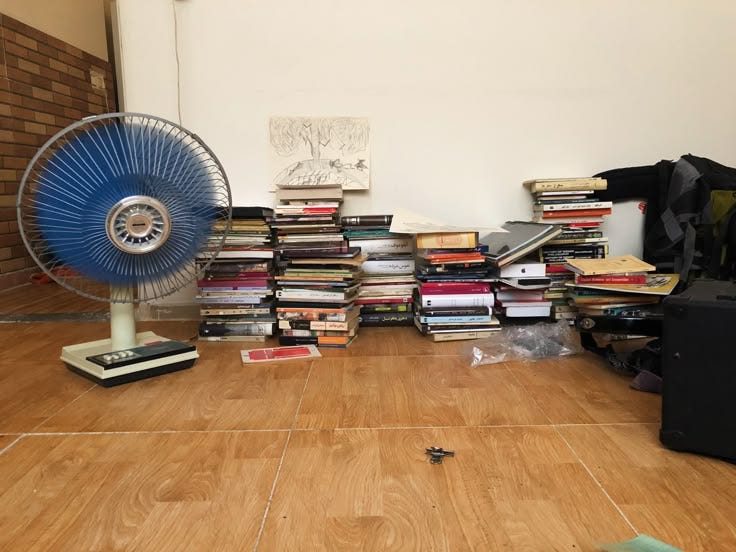Over the weekend I started reading Tomorrow, and Tomorrow, and Tomorrow by Gabrielle Zevin. The novel follows two young programmers who create a video game that brings them great success. Though I’m only halfway through the book, I’ve been intrigued because the characters are working on a creative project. I love characters who are writers, musicians, artists, and now, programmers, because I see myself in them. Ever since I was a kid, I have devoted large amounts of time to create things I believe in. While reading the book, I came across a line that particularly stood out to me.
“There is a time for any fledgling artist where one’s taste exceeds one’s abilities. The only way to get through this period is to make things anyway.”
I don’t usually highlight quotes, but I took a photo of this line because it was what I needed to hear this month. Due to a rough academic quarter and severe creative burnout, I spent the last two months away from my creativity, reading and writing very little. I tried to draft a new book but scrapped it after a couple of chapters because it didn’t feel like me. The characters felt like people I would’ve written about last year, and the prose was nowhere near the standard I had set for myself as a 20-year-old.
The problem was that I was in the gap, or the plateau, or whatever you want to call it. I believe creative improvement is like a staircase—you can see the top before you have reached it, and there are areas of flatness in between each step. I was trying to be a brilliant writer and putting pressure on myself to create something “great” or “publishable.” This, in conjunction with my general exhaustion, was the reason I was creatively stuck. I wanted to write something that read like all of my favorite books. In that process, I was shaking the person inside me while she was furiously clambering up the improvement ladder.
As an artist, it’s almost impossible not to think about outcomes. We compare our work to other artists, often with much more experience than ourselves, and get discouraged. We think our first draft needs to be of the same quality as someone else’s final draft. We compare where we are to where we want to be, and that instantly makes our work-in-progress look hopeless. I’ve also felt this pressure due to hustle culture. I’ve internalized the idea that I need to constantly be producing output, be it novels to publish or stories to query or Substack posts to crank out. I’ve come to believe that if I’m going to commit to being a writer, which is already considered risky and frivolous, I might as well make money off of it to show other people that it’s a legitimate path. I’ve unintentionaly turned this passion into a vessel for my efforts to conform to the capitalist ideal that we need to be doing more, that we need to make things that are “good” and “publishable” and therefore monetizable. I know other artists feel pressured to finish projects and share them not just because they want to, but because they have friends or family who want proof of their creativity or because they want to be legitimized as a “real artist.” We have the entire world telling us to look at outcomes, so how could we not consider that when working on our projects?
I think the first step to beating this perfectionism is to be okay with being bad. Being bad is often a symptom of future goodness. I can promise you that every book you love was a terrible first draft at some point, and that’s what made it good in the end. Wouldn’t you much rather have a terrible first draft you can improve than half of a chapter that’s well written but has you stuck on where to go next because you’ve spent so long over-editing it? When I was a kid and went on family vacations, my parents would always tell me not to stop at the threshold of the hotel room when the rest of the family was waiting behind me—just walk straight into the opposite side of the room so everyone else and their luggage can enter the room, too. That’s the attitude I have when beginning a project. Just keep going to the other side so that the story can unfold behind you.
Zevin’s quote found me at the perfect time. This week, I’ve been focusing on the “make things anyway” part. I’ve removed the expectations I have always put on myself to be “good” or to be any way at all. I’ve decided to do what I can to focus on the writing and the writing itself, putting each word down without worrying about what’ll come after. As I begin drafting my new project, I plan to just keep going and not look back. That’s for future me to worry about.






I feel you!! The creative process stroy arc in Tomorrow and Tomorrow and Tomorrow is also why I love this book so much. I felt so seen and understood while reading it. The staircase analogy is very good. Let's continue doing art and improve while doing so, but most of all having fun!